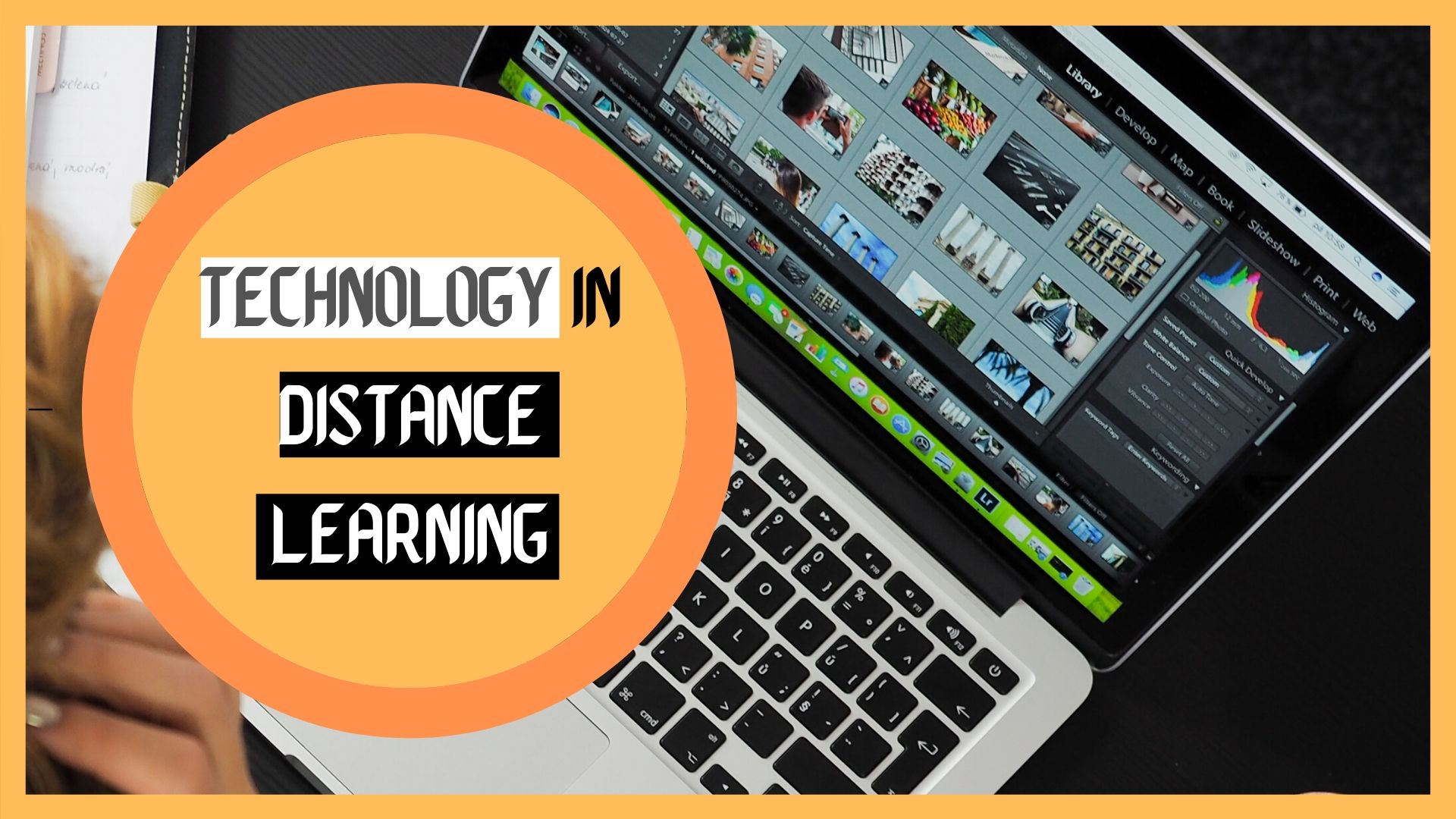Definition of Distance Learning
Distance learning or distance education is a concept which is rapidly gaining popularity in the field of knowledge and training. It is the method of teaching in which the scholar need not be present physically in a classroom environment. Correspondence course are not a modern concept and have been around for quite some time. Its origins date back to the mid-sixteenth century, and since then it has evolved in several ways to its present form.
Today, remote learning can be practised in several ways from homeschooling to the most prominent method, online courses. The reason this method is becoming so widespread is because of the several benefits it offers. Here are a few benefits related to distance learning:-
- Such learning method has dramatically helped the people in remote places to access knowledge regarding certain things. People under various circumstances are sometimes unable to go to a school or endure a classroom environment. There can be problems due to the distance, demographics and deficiency in the quality of facilities. In such a scenario, online course can prove to be very beneficial.
- Distance learning promotes self-paced learning. Sometimes students face difficulties in learning in a classroom environment. Not everybody has the same set of grasping capabilities, and some students might find it difficult in keeping up with the pace of the teacher and other students. This results in a pressurized ambience which might deteriorate the learning process. These problems get significantly eliminated in distance learning.
- Short courses for a business or an organization can be efficiently designed through this concept of distance learning. If a company wants to provide a specific type of training to its employees, online courses can be an effective solution. Through this, the employees can learn in an office environment without having to personally attend the classes.
- Online courses can be utilized to upgrade the skills set of an individual. Since these courses can be attended at the convenience of the home, everyone can access them.
- If a student misses a class because of a specific illness or any other reasons, online courses can significantly help him/ her in being up to date with the syllabus.
- It is highly cost-efficient. Online courses diminish the need for classrooms, chairs, tables and other equipment which reduces the cost of the overall setup. Because of all these online courses are usually cheaper and more affordable.
Along with all these benefits, there are also aspects of distance learning which are criticized by the experts. Many believe that such a method is not very useful as it compromises with the discipline and involvement of a learner. In a classroom, the atmosphere is entirely dedicated to the learning process and all the people involved have a common task in hand.
The learning capacity of a student in a classroom is generally higher as they can concentrate better in this environment. In online courses, an applicant might face several distractions as they are in a different context. Also, they might not indulge in the course will full sincerity as they are free of all the restrictions. Absence of physical guidance from an educator or a tutor can pose a problem to several people.
Despite all these short-comings, distance learning is a concept which cannot be ignored. In several situations, it has emerged out as a great alternative and helped in enhancing the educational scenario.
TECHNOLOGIES
The technologies dramatically aid in the appropriate functioning of distance learning methodology. Here are some prominent techniques that can be found in this field:-

1) RADIO AND TELEVISION
These are the two main methods of communication and spreading information to the masses. These technologies can also help in correspondence course. Radio can host podcasts or narrate certain events to furnish the masses with the knowledge on specific topics. Through television news, documentaries and programs about history, art and craft, mathematics, general philosophy etc. can act as an efficient aid in imparting education.
2) INTERNET
The prominence of the internet is self-explanatory. Today a significant part of the world rely on the internet for its functioning. For electronic learning, the internet is a blessing. Online courses are present on several portals and platforms which can easily be accessed through several devices.
Nearly everyone has a connection to the internet in some form or the other. Computers, laptops, smart-phones and other smart devices also help in this process. The education sector has taken a revolutionary turn by adopting the technology of the internet.
Distance learning is perceived as a very futuristic concept which will become mainstream in the coming years. Its eminence can already be seen in the present age, and it is bound to grow with time. Even the schools are moulding this concept in their favour, by changing their educational pattern to suit the distance learning and online learning strategies.









